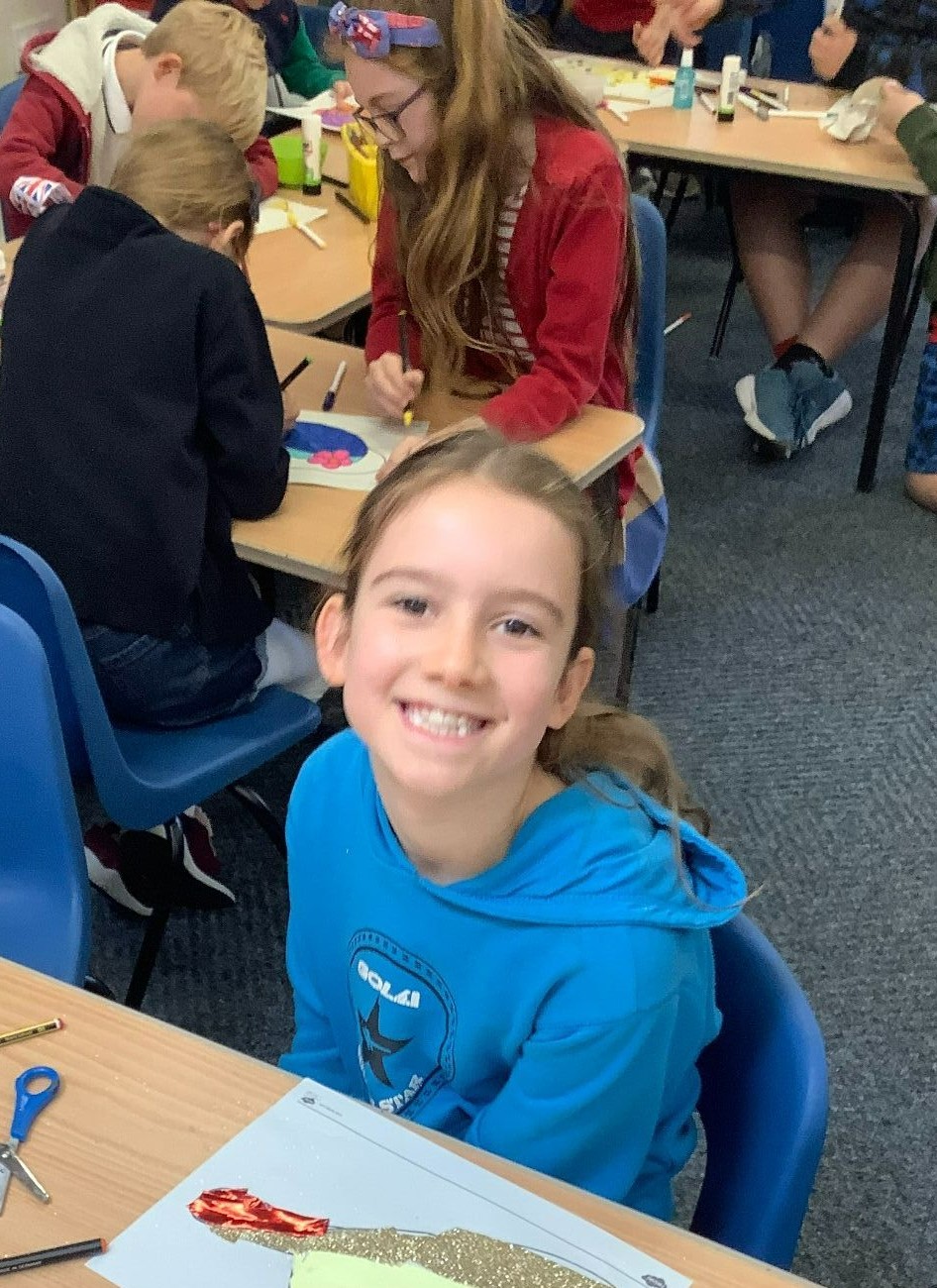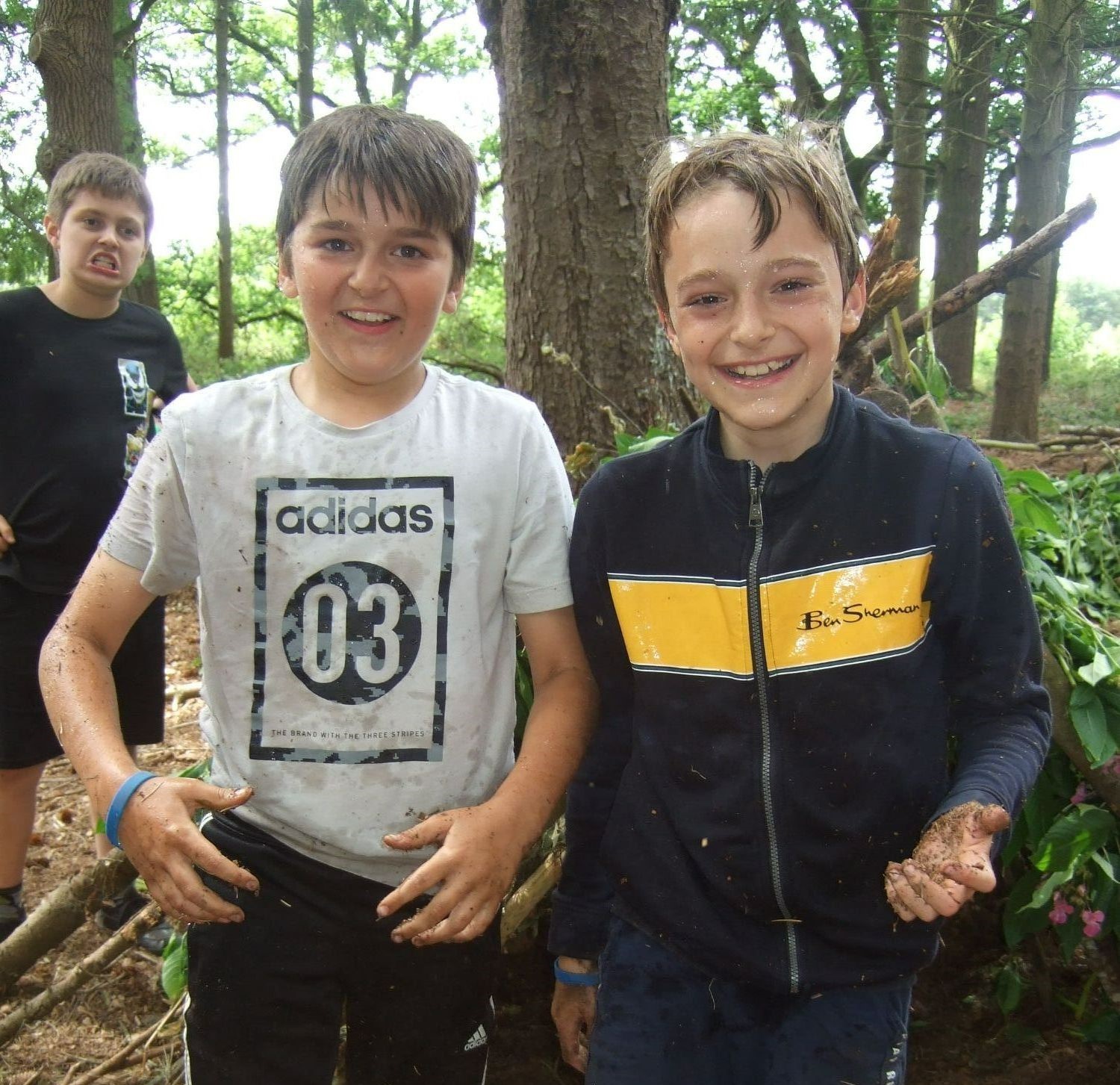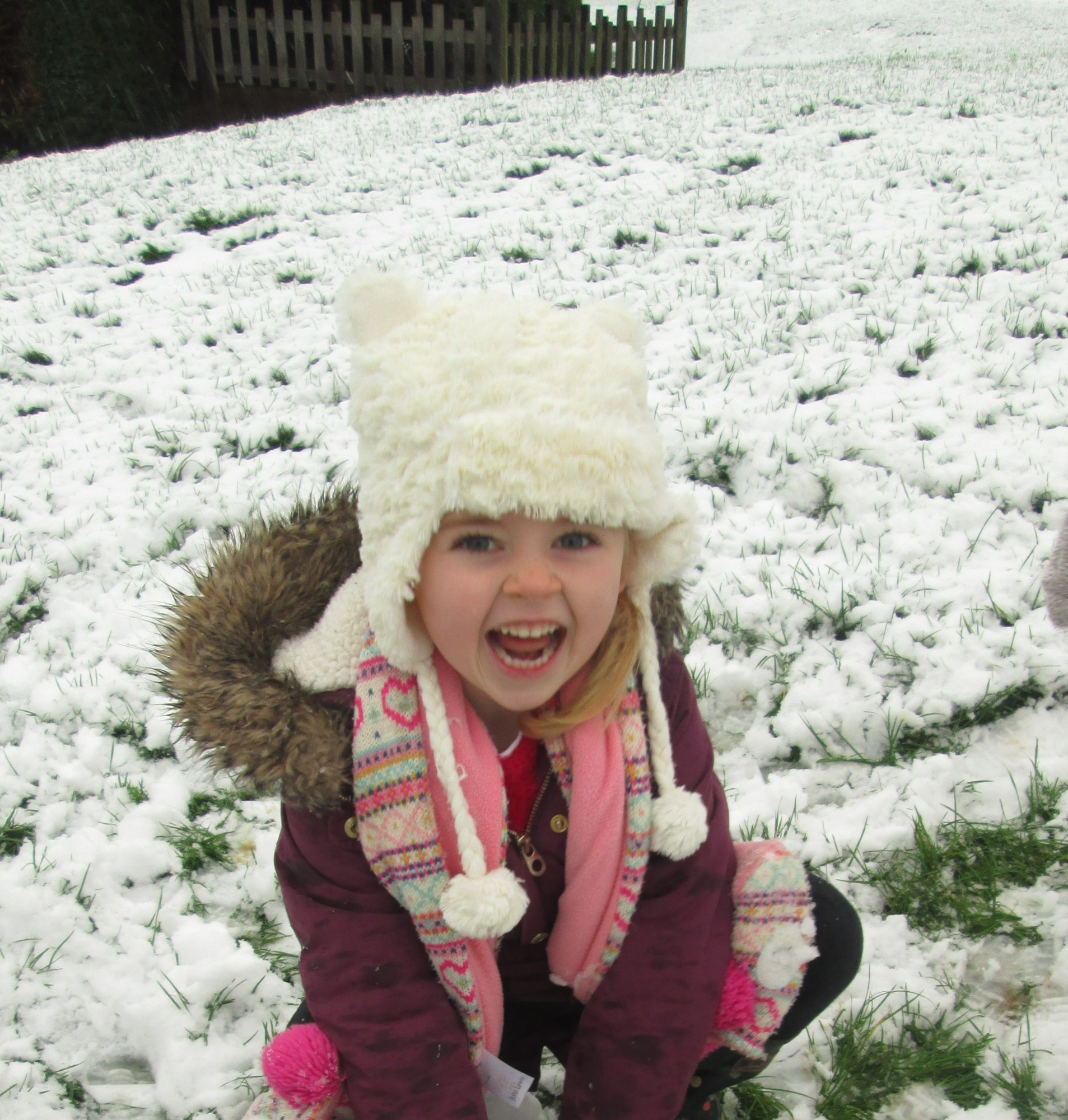Mathematics
There should be no such thing as boring mathematics.
— Edsger W. Dijkstra
Intent
Our Maths provision at the Robert Arkenstall Primary School aims to build a curriculum which develops understanding through the acquisition of knowledge and skills.
When teaching mathematics, we intend to use a variety of evidence informed teaching methods and resources that allow all pupils equal access to mathematics and to experience maths success and enjoyment throughout their lives. Over time, children will become more resilient learners who are able to understand that to make mistakes or become stuck is a necessary step in any learning. Children will be appropriately challenged and supported through varied fluency, reasoning and problem solving. Irrespective of personal starting points, children will explore maths in depth, and use a range of mathematical vocabulary to reason and explain their own thinking. Pupils will continue to build their understanding by recalling and adding to previous knowledge and skills, then apply these new skills to a wide variety of contexts both within maths and across the curriculum.
Mathematics is a very broad and multidimensional subject that requires reasoning, creativity, connection making, and interpretation of methods; it is a set of ideas that helps illuminate the world; and it is constantly changing.
― Jo Boaler
Implementation
Pupils in Foundation Stage will access their maths learning through continuous provision, careful tracking and adult intervention. Within the provision, children have the freedom to further explore these mathematical concepts through concrete resources and creative opportunities. In addition to this, they are encouraged to follow their own mathematical lines of enquiry, which are supported through effective adult modelling and interactions.
In Key Stage 1 and Key Stage 2, we use the National Curriculum Mathematics Programmes of Study (September 2013) and the DfE Guidance for Mathematics (June 2020).
Whilst the Programmes of Study from 2013 set out the statutory curriculum requirements for maths, the guidance in 2020 aimed to bring greater coherence to the national curriculum by exposing core concepts in the national curriculum and demonstrating progression from Year 1 to Year 6.
The guidance summarises the most important knowledge and understanding within each year group and important connections between these mathematical topics.
It identifies the most important conceptual knowledge and understanding that pupils need as they progress from Year 1 to Year 6. These important concepts are referred to as ready-to-progress criteria (RTPs) and provide a coherent, linked framework to support pupils’ mastery of the primary mathematics curriculum. Full detail of the RTPs can be found here.
Y1 through to Y6, we implement our approach through quality first teaching and the delivery of appropriately pitched work for all groups of learners supported by the materials from White Rose Maths. Other resources commonly used are those produced by NRich, Jo Boaler, PiXL and Mathematics Mastery.
Classrooms have a range of mathematical resources made available for children in each key stage. These include, but are not limited to, Numicon, tens squares, place value counters, Bead strings, number lines, digit cards, hundred squares and multiplication grids. Varied starting points and timely teacher interventions are utilised in response to teachers’ ongoing formative assessments through effective deployment of teaching assistants.
Representations are used in lessons to expose the mathematical structure being taught, with the aim to be that pupils can do the maths without recourse to the representation. Mathematical thinking encourages the pupils to think, reason and discuss ideas and strategies within their classroom environment. Pupils become fluent mathematicians through quick and efficient recall of facts and procedures and the flexibility to move between different contexts and representations of mathematics. Variation is built over a sequence of lessons and represents concepts in more than one way. We use progression documents from White Rose Maths to ensure a consistency of approach in methods, models and images.
These documents can be found at the bottom of this page.
Children in Year 3 to 6 have weekly opportunities to practise their mental and calculation knowledge through basic skills. This serves to reinforce and consolidate previous learning; increase fluency, speed and accuracy; and improve confidence. Regular use of ‘TT Rockstars’ within school and home enables children to practise multiplication and division knowledge.
Throughout each lesson formative assessment takes place and feedback is given to the children in line with our marking and feedback policy. Teachers then use this assessment to influence their planning and ensure they are providing a mathematics curriculum that will allow all children to progress. Each term, children from Year 1 and above complete a summative assessment to help them to develop their testing approach and demonstrate their understanding of the topics covered, using PiXL assessments. The PiXL assessments provide a robust gap analysis tool which is used to inform future planning and intervention provision. Teachers use the PiXL data to inform teacher assessments, reported termly. This allows teachers, middle leaders and SLT to track progress of groups of children across the year and across the key stages.
Impact
Our maths curriculum will create:
-
A positive impact on children’s outcomes at the end of each key stage, with an increasing percentage of children achieving the greater depth standard year upon year.
-
Enjoyment of the maths curriculum that inspires and promotes achievement and confidence.
-
Children who are resilient and able to make mistakes and learn from them.
-
Children who will become fluent in all basic skills and work towards mastery.
-
Children who will leave Robert Arkenstall ready for the next phase of learning.
-
Children who will have the maths skills to solve problems beyond their classroom environment.










